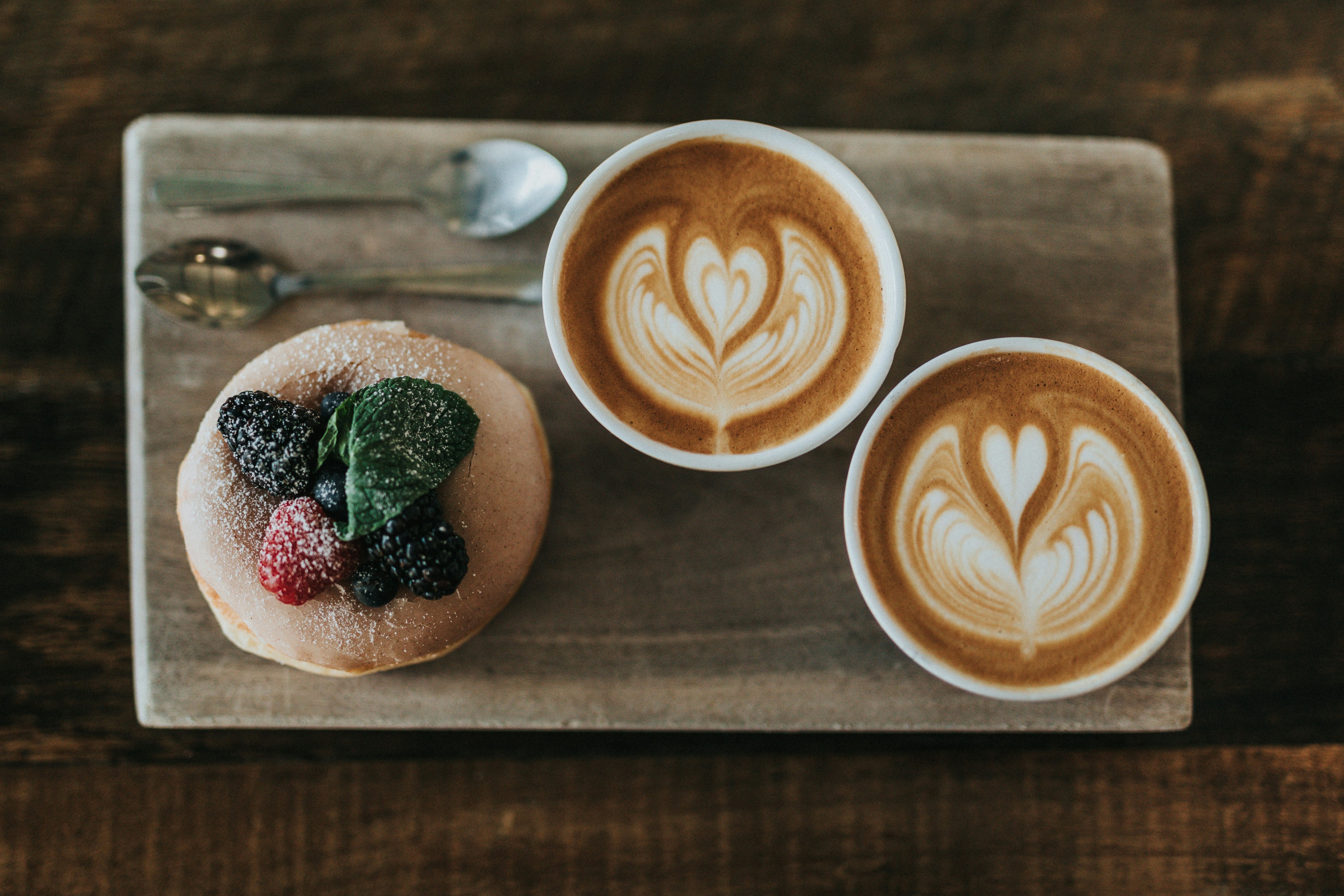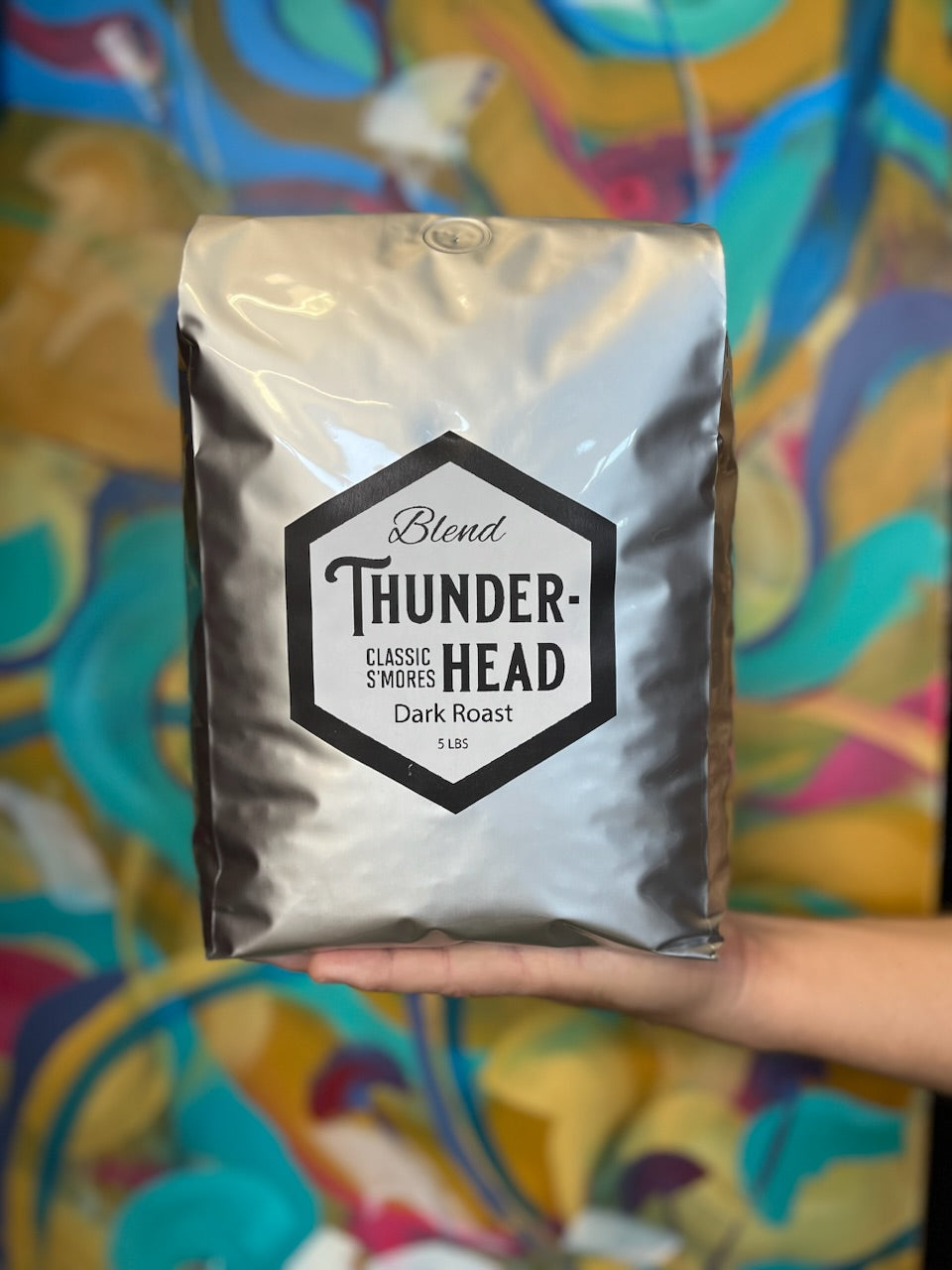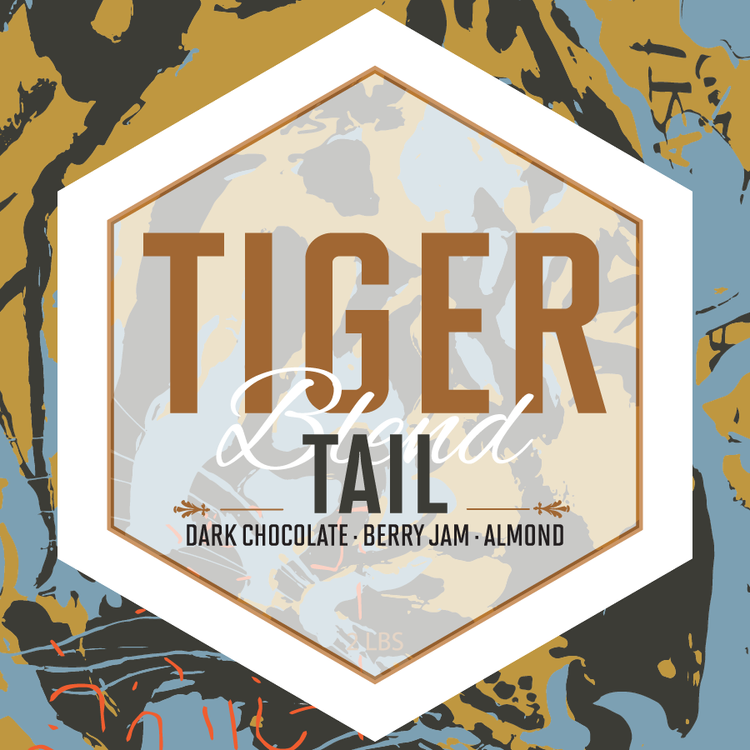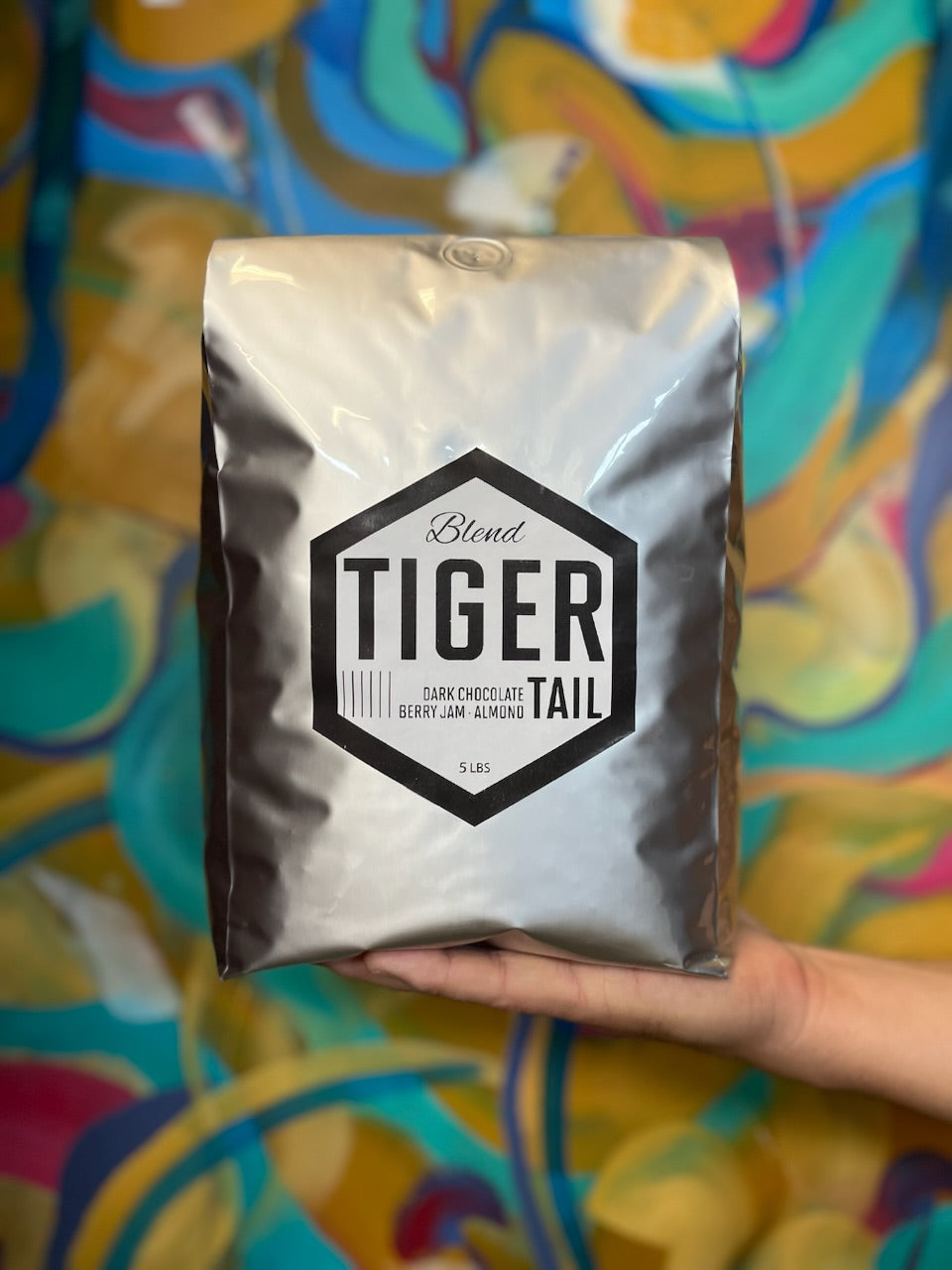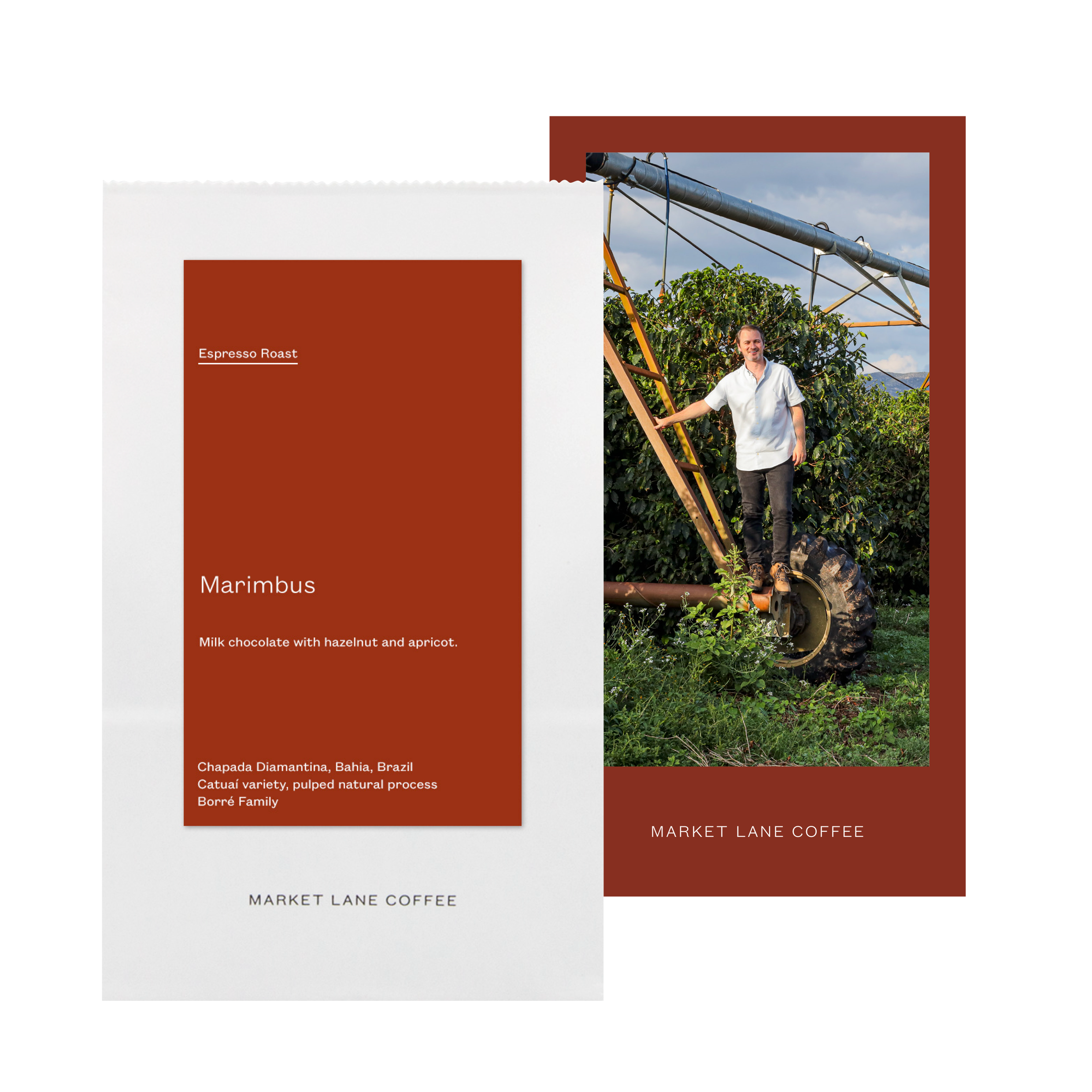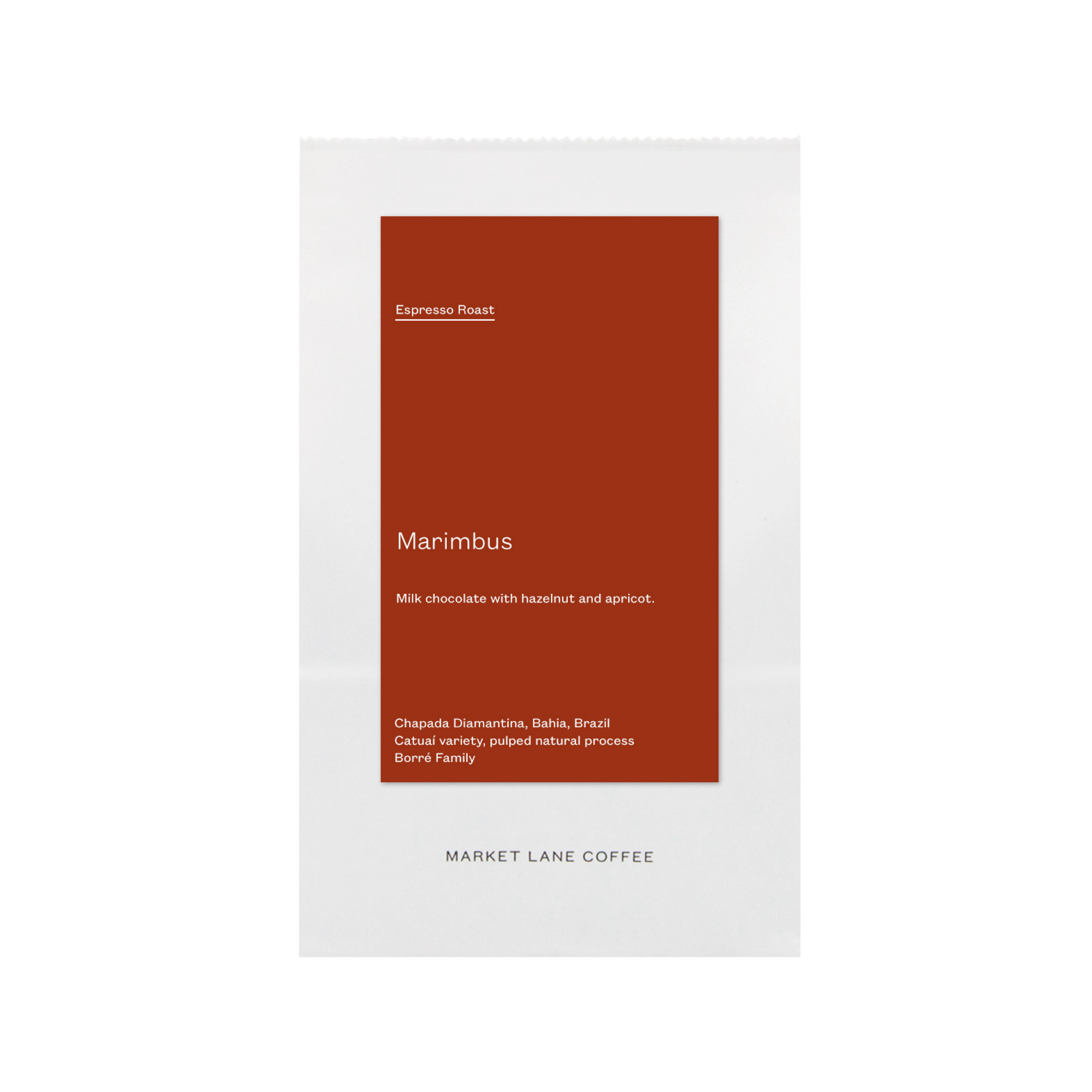Understanding the Rise of Specialty Coffee
The Artisanal Revolution.
In a sunlit café in Brooklyn's Williamsburg neighborhood, Alex Rodriguez carefully weighs 19 grams of freshly ground Ethiopian Yirgacheffe beans before tamping them into a portafilter. The 28-year-old barista champion moves with practiced precision, explaining that the beans were harvested just five months ago from a single farm at 1,900 meters above sea level. As he prepares the espresso, he describes tasting notes of bergamot, blueberry, and jasmine that will emerge in the cup.
This meticulous attention to detail exemplifies the world of specialty coffee—a movement that has transformed a daily ritual into an experience akin to wine tasting. But what exactly makes coffee "specialty," and how did this revolution begin?
Beyond the Caffeine Fix: Defining Specialty Coffee
"Specialty coffee represents the pinnacle of quality, traceability, and craftsmanship in coffee production," explains Dr. Emma Sage, coffee science manager at the Specialty Coffee Association (SCA). "It's defined not just by superior taste, but by transparency throughout the supply chain."
Technically speaking, specialty coffee must score at least 80 points on the SCA's 100-point scale. This evaluation, conducted by certified Q-graders—the sommeliers of the coffee world—assesses everything from acidity and body to flavor complexity and absence of defects.
But specialty coffee transcends mere numbers. Timothy Hill, head coffee buyer at Counter Culture Coffee, describes it as "coffee with a story—one that connects consumers to specific regions, farms, and processing methods that contribute to unique flavor profiles impossible to replicate."
This emphasis on uniqueness represents a dramatic departure from coffee's commodity past, when beans were treated as interchangeable ingredients for mass production.
From Commodity to Craft: The Historical Evolution
The term "specialty coffee" was first coined in 1974 by Erna Knutsen in an issue of Tea & Coffee Trade Journal. Knutsen, a pioneering coffee buyer, used it to describe beans from specific geographic microclimates that produced distinctive flavor profiles.
However, specialty coffee's philosophical roots run deeper. William H. Ukers' 1922 classic "All About Coffee" documented early attempts to differentiate higher-quality coffees. Then, in post-World War II America, the "first wave" of coffee brought convenient but unremarkable coffee to every household.
"The 1960s counterculture created the perfect conditions for specialty coffee's emergence," says coffee historian Mark Pendergrast, author of "Uncommon Grounds." "People began questioning industrialized food systems and seeking authentic alternatives."
This questioning sparked what industry experts call coffee's "second wave"—epitomized by Starbucks and Peet's Coffee—which introduced Americans to espresso drinks and darker roasts. But it was the "third wave" beginning in the late 1990s that fully embraced coffee as an artisanal product.
Trish Rothgeb, who coined the term "third wave" in 2002, explains: "The third wave views coffee as an agricultural product with terroir, much like wine, rather than a commodity. It prioritizes direct relationships with producers and celebrates coffee's inherent characteristics rather than masking them with additives or extreme roasting."
Buy Noteworthy Selections Coffee
The Science of Exceptional Coffee
What makes certain coffee beans exceptional involves complex interplay between genetics, environment, and human intervention.
Dr. Aaron Davis, senior research leader at the Royal Botanic Gardens, Kew, has identified over 124 coffee species, though only two—Arabica and Robusta—dominate commercial production. "Arabica contains approximately 1,000 aromatic compounds that contribute to flavor complexity," Davis explains. "That's more than wine."
Those compounds develop differently depending on growing conditions. Altitude plays a crucial role—beans grown above 1,200 meters generally develop more complex acidity and flavor. Volcanic soils rich in minerals often impart distinctive characteristics, as do specific rainfall patterns and temperature fluctuations.
Processing methods further differentiate flavor profiles. Traditional "washed" processing removes fruit from the seed before drying, typically yielding clean, bright flavors. "Natural" processing, where beans dry inside the fruit, often produces fuller-bodied coffees with fruity, fermented notes. Newer experimental methods like anaerobic fermentation create entirely novel flavor profiles.
Dr. Britta Folmer, coffee science researcher and author of "The Craft and Science of Coffee," notes that roasting represents another critical scientific intervention. "Roasting triggers over 800 chemical reactions, transforming green coffee's grassy compounds into the complex flavors we associate with coffee," she says. "A 30-second difference in roast time can dramatically alter flavor outcomes."
Geographic Tapestry: The World's Distinguished Coffee Regions
Specialty coffee thrives in what's called the "Bean Belt"—the equatorial band where climate conditions favor coffee cultivation. Each region imparts distinctive characteristics to its beans.
Ethiopia, coffee's birthplace, remains a cornerstone of specialty coffee. Its ancient landrace varieties—genetically diverse coffees that evolved naturally over centuries—often display vibrant floral and fruit notes. The Gesha (also spelled Geisha) variety, originally from Ethiopia but made famous when cultivated in Panama, commands extraordinary prices for its jasmine, bergamot, and tropical fruit characteristics.
"Colombian coffees often present balanced profiles with caramel sweetness and citrus brightness," says Hernando Romero, technical director at the Colombian Coffee Growers Federation. "This results from our unique combination of Andean altitude, consistent rainfall patterns, and traditional washing methods."
Central American countries like Guatemala, Costa Rica, and Honduras produce highly sought-after coffees with regional distinctions. Guatemala's eight coffee-growing regions each claim unique profiles, from the chocolate notes of Antigua to the tropical fruit characteristics of Huehuetenango.
The landscape grows increasingly diverse as specialty coffee expands into unexpected territories. "We're seeing remarkable developments in countries not traditionally associated with specialty coffee," says Peter Giuliano, executive director of the Coffee Science Foundation. "Places like Myanmar, China's Yunnan Province, and even California are producing exceptional coffees that challenge our geographical assumptions."
From Farm to Cup: Reimagining the Supply Chain
Perhaps specialty coffee's most revolutionary aspect is its reimagining of traditional coffee economics.
Conventional coffee trading has historically undervalued producers. The C-market price—the commodity benchmark for coffee—often falls below production costs, forcing farmers to sell at a loss. Between 2017 and 2019, prices hit catastrophic lows below $1 per pound, while specialty coffees routinely command $4-30 per pound.
"Specialty coffee has introduced alternative economic models centered on quality and direct relationships," explains Phyllis Johnson, founder of BD Imports and advocate for equity in coffee. "Direct trade, relationship coffee, and transparent pricing models connect roasters directly with producers, often doubling or tripling farmer income."
These price premiums enable sustainable farming practices crucial for quality. Shade-grown coffee—cultivated under native tree canopies—preserves biodiversity and bird habitats while protecting coffee plants from extreme weather. Rigorous picking standards (harvesting only perfectly ripe cherries) and careful processing require substantial labor investment only possible when farmers receive sustainable prices.
Santiago Barahona, a fifth-generation coffee producer from Costa Rica who transitioned from conventional to specialty production in 2008, exemplifies this transformation. "Before specialty coffee, we were price-takers with no negotiating power," he explains. "Now we have long-term relationships with roasters who visit annually and pay based on quality rather than market fluctuations. This stability allows us to invest in infrastructure, worker welfare, and sustainability initiatives."
The Cultural Revolution: Changing How We Experience Coffee
Specialty coffee has fundamentally transformed coffee consumption culture, shifting emphasis from caffeine utility to sensory experience.
This shift manifests in cafés designed as immersive educational spaces. La Marzocco's gleaming espresso machines sit on lowered counters to facilitate barista-customer conversation. Brew bars feature multiple preparation methods—pour-over, AeroPress, siphon—each highlighting different aspects of a coffee's character.
"The modern specialty café functions as both laboratory and classroom," says James Hoffmann, World Barista Champion and author of "The World Atlas of Coffee." "It's where consumers learn to appreciate coffee's complexity through guided tastings and conversations with knowledgeable staff."
This educational emphasis extends to packaging, with specialty roasters including detailed information about origin, variety, processing method, and flavor notes. Many incorporate QR codes linking to farmer profiles and processing videos, further connecting consumers to coffee's source.
The movement has birthed an ecosystem of competitions, publications, and social media communities. The World Barista Championship draws global audiences, while platforms like Sprudge and Perfect Daily Grind document coffee culture. Instagram hashtags like #specialtycoffee connect millions of enthusiasts worldwide.
Challenges and Future Directions
Despite its growth, specialty coffee faces existential challenges. Climate change threatens traditional growing regions, with rising temperatures increasing pest pressure and altering flavor development. A 2019 study in Science Advances projected that climate change could reduce suitable coffee-growing land by 50% by 2050.
"The coffee plant evolved in Ethiopia's cool, high-altitude forests," explains Dr. Aaron Davis of Kew Gardens. "It's particularly vulnerable to temperature increases and changing rainfall patterns."
The industry's response includes embracing drought-resistant varieties, implementing agroforestry systems, and expanding into new territories. World Coffee Research, an industry-funded scientific organization, is developing varieties combining climate resilience with exceptional flavor.
Economic sustainability presents another challenge. Despite specialty coffee's premium prices, many producers still struggle with poverty. "The true cost of sustainable production remains undervalued," says Rene Leon Gomez, executive secretary of PROMECAFE, a Central American coffee research network. "Even specialty prices often fail to account for living wages, environmental stewardship, and long-term farm investment."
Emerging technologies may help address these challenges. Blockchain traceability systems create verifiable records of coffee's journey, potentially increasing transparency and farmer leverage. Precision fermentation techniques allow producers to develop novel flavor profiles commanding higher prices. Meanwhile, artificial intelligence applications help farmers optimize production and predict quality outcomes.
The Personal Connection: Why Specialty Coffee Matters
Beyond economics and flavor profiles, specialty coffee's most powerful aspect may be its ability to connect people across vast distances. When consumers know the names and stories of producers, coffee becomes more than a beverage—it becomes a relationship.
For Leo Robson, who transformed his family's struggling Colombian farm into a specialty producer, this connection represents coffee's true value. "When someone appreciates the distinctive raspberry notes in our coffee, they're experiencing our specific soil, our mountain's unique microclimate, and our family's three generations of knowledge," he says. "That connection transcends commerce—it's about mutual respect and recognition."
In a world of increasing automation and anonymity, specialty coffee offers something increasingly rare: products with provenance, crafted by identifiable people with traditions and stories. Perhaps this explains why, even as other premium food categories have come and gone, specialty coffee continues to thrive.
As you sip your next carefully crafted cup, consider that you're not just consuming a beverage—you're participating in a global movement reconnecting producers and consumers through the celebration of coffee's inherent excellence and the people who make it possible.

FAQs About Specialty Coffee
What officially qualifies coffee as "specialty"?
Coffee must score at least 80 points on the Specialty Coffee Association's 100-point scale, evaluated by certified Q-graders assessing attributes like aroma, flavor, acidity, body, balance, and the absence of defects.
How does specialty coffee impact farmers economically?
Specialty coffee often pays producers 50-300% more than conventional coffee markets, enabling investment in quality improvement, sustainable practices, and community development. However, the economic benefits vary widely depending on supply chain structures.
What brewing methods best showcase specialty coffee?
Methods that emphasize clarity and control—like pour-over, AeroPress, and carefully calibrated espresso—often highlight specialty coffee's nuanced characteristics. However, the "best" method depends on the specific coffee and personal preference.
How is climate change affecting specialty coffee production?
Rising temperatures, irregular rainfall patterns, and increased pest pressure threaten traditional growing regions. The specialty coffee industry is responding through agricultural adaptation strategies, developing climate-resilient varieties, and exploring new growing regions at higher altitudes or different latitudes.
How can consumers ensure they're buying ethically sourced specialty coffee?
Look for roasters who provide detailed information about farms, cooperatives, and pricing structures. While certifications like Fair Trade offer baseline guarantees, many specialty roasters exceed these standards through direct relationships and transparent business practices documented on their websites and packaging.

